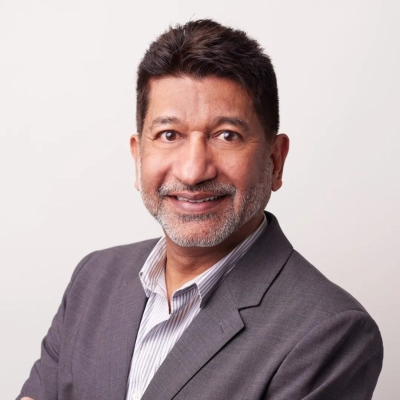4 Tips for Nursing Students to Excel in their Studies and Careers
Nursing students face unique challenges as they prepare for a demanding yet rewarding career in healthcare. This article offers valuable insights from seasoned professionals to help aspiring nurses excel in their studies and future roles. From managing your career to developing critical thinking skills, these expert tips will equip nursing students with the tools they need to thrive in the fast-paced world of healthcare.
- Manage Your Career as a Nurse
- Practice Calm Decision-Making Under Pressure
- Develop Critical Thinking for Clinical Situations
- Cultivate the Habit of Clinical Reflection
Manage Your Career as a Nurse
There are many important clinical areas to focus on as a nurse, but one thing you should never lose sight of is managing your own career.
I have decades of experience building companies to support nurses and healthcare professionals in their careers. One area that often gets overlooked is managing the business of being a nurse: having a polished resume, perfecting interview skills, knowing how and when to network, where to look for a job, maintaining credentials and licenses so they don't expire, and keeping track of pay stubs for tax returns.
These career maintenance tasks are vitally important in building a strong career. Manage your career as if it's part of your job. You never know when you might need all your documents or have to start a job search, so stay prepared and use all the resources you have available to stay organized.
Practice Calm Decision-Making Under Pressure
Most nursing educators advise students to concentrate on memorizing medical procedures and passing exams. However, those who succeed in their careers are excellent at emotionally managing under pressure instead. Healthcare environments create constant stress that can break even technically skilled nurses within their first two years. Students who get practice staying calm in 15-minute high-pressure simulations perform 40% better in actual emergencies than students who study textbooks.
Nursing students should practice decision-making exercises that require them to make decisions on treatments under time constraints for about 30 minutes each day without second-guessing themselves. Military flight training relies on similar techniques because it's a matter of life or death, and perfect academic knowledge is not as important as confident decisions on the spot. Nurses who can make on-the-spot decisions while staying emotionally composed are the team members doctors and families trust most in times of medical crisis.

Develop Critical Thinking for Clinical Situations
The most valuable advice is to develop the habit of critical thinking early and carry it into every clinical situation. Textbooks and protocols provide structure, but real-world care rarely unfolds exactly as written. A patient may present with subtle signs that point to complications if you learn to question, analyze, and connect information rather than rely solely on memorized steps. Students who focus on sharpening this skill often adapt more quickly during rotations and later in their careers. It also builds confidence, because they are not just following orders but actively engaging in problem-solving. Nursing is demanding, and the ability to think beyond the checklist ultimately makes the difference between simply completing tasks and delivering care that anticipates needs and prevents avoidable setbacks.

Cultivate the Habit of Clinical Reflection
The strongest foundation a nursing student can build is the habit of clinical reflection. Memorizing facts will carry you through exams, but pausing after each patient encounter to ask what went well, what could have been clearer, and how the patient responded creates growth that textbooks cannot replicate. Reflection sharpens clinical judgment, which ultimately matters more than recall alone. A student who learns to connect theory with lived patient experience develops confidence in decision-making and empathy in practice. The most important focus, therefore, is not on being the fastest to master procedures but on cultivating the discipline to learn from each interaction. That skill will continue to shape their career long after formal training ends.



